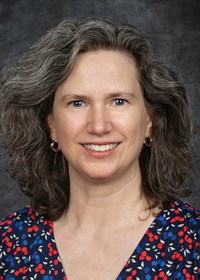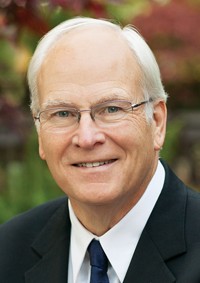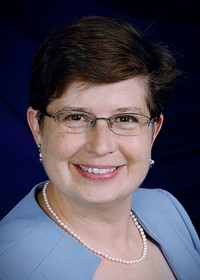Advertisement
Grab your lab coat. Let's get started
Welcome!
Welcome!
Create an account below to get 6 C&EN articles per month, receive newsletters and more - all free.
It seems this is your first time logging in online. Please enter the following information to continue.
As an ACS member you automatically get access to this site. All we need is few more details to create your reading experience.
Not you? Sign in with a different account.
Not you? Sign in with a different account.
ERROR 1
ERROR 1
ERROR 2
ERROR 2
ERROR 2
ERROR 2
ERROR 2
Password and Confirm password must match.
If you have an ACS member number, please enter it here so we can link this account to your membership. (optional)
ERROR 2
ACS values your privacy. By submitting your information, you are gaining access to C&EN and subscribing to our weekly newsletter. We use the information you provide to make your reading experience better, and we will never sell your data to third party members.
Policy
ACS Public Policy Efforts Discussed
by Linda R. Raber
September 24, 2007
| A version of this story appeared in
Volume 85, Issue 39
At the council meeting in Boston, the special discussion topic was ACS policy development and advocacy efforts. ACS President Catherine T. Hunt presented the topic to councilors and asked them to share their thoughts on three questions: How can ACS encourage more members to participate by bringing their expertise to the development of more targeted policy positions? What can ACS do to increase member involvement in public policy advocacy? How can ACS be a more effective leader in policy activities in the broader science and technology communities? Councilors were permitted to speak for one minute. The discussion lasted 30 minutes.
ACS Director-at-Large Dennis Chamot was first at one of three microphones in the council meeting room. Chamot stressed that ACS must not be seen as "merely a mouthpiece for the chemical industry. We are not bipartisan, we are nonpartisan," he said.
Past-president Eli M. Pearce said ACS should encourage nontraditional branches of government to increase their funding of science in general and chemistry in particular. As examples of such agencies to which science is integral, he offered the Departments of Transportation and of Housing & Urban Development.
The discussion quickly began to focus on ACS policy statements. Each year, ACS-through its Office of Legislative & Government Affairs, board of directors, and Council Committee on Public Affairs-releases policy statements. These are developed through an iterative process that begins with various committees made up of ACS members and ultimately are reviewed and acted upon by the ACS Board Standing Committee on Public Affairs & Public Relations. They generally encourage members of Congress to support science-and-education-friendly legislation and funding for science at the National Science Foundation, the Department of Energy, and the National Institutes of Health, for example. The policy statements are available online at chemistry.org/government.
Mary K. Carroll of the Eastern New York Section and other councilors pointed out that ACS members, on the whole, do not know about the policy statements. "We need to make these much more accessible," she said. James F. Tatera of the Louisville Section suggested that short articles in C&EN would help to bring attention to the position statements. District I Director Anne T. O'Brien said members "need a sense of ownership of these policy statements" and suggested using blogs and wikis to get members involved in conversations about public policy.
Past-president Charles P. Casey urged more communication between the ACS Communications Office and the Office of Legislative & Government Affairs. George Heinze, a councilor from the North Jersey Section, stated that he believes ACS has not had impact on public policy in the past because "we have been risk averse. We must be willing to make specific actionable statements," he said.
Sarah M. Mullins, a councilor from the Minnesota Section, suggested that ACS consider interacting with schools of public policy-such as Harvard University's, and Peter K. Dorhout of the Colorado Section suggested interfacing with colleagues in the humanities and social sciences to impress on them the importance of chemistry to improving peoples' lives.








Join the conversation
Contact the reporter
Submit a Letter to the Editor for publication
Engage with us on Twitter